If You Hate Talking On The Phone As You Get Older, It Likely Means These 11 Things About You
They're tired of being available 24/7.
 PeopleImages | Shutterstock
PeopleImages | Shutterstock While overusing cell phones and being constantly on social media can often exacerbate feelings of loneliness and mental health concerns that aging individuals already experience at heightened rates, according to a Frontiers in Public Health study, setting boundaries can be the key to finding balance. Even if it means focusing on personal time and nurturing healthy relationships, if you hate talking on the phone as you get older, it likely means these things about you.
While one-quarter of younger Gen Zers and millennials dislike talking on the phone and often ignore calls entirely, some older generations may also be shifting away from the phone calls they once believed to be respectful and sentimental. Whether it’s changes in their lifestyle or new boundaries around phone usage, it may not be all that bad to dislike talking on the phone.
If you hate talking on the phone as you get older, it likely means these 11 things about you
1. You prefer face-to-face conversations
 Josep Suria | Shutterstock
Josep Suria | Shutterstock
Consistent face-to-face conversation and reciprocal social interactions are often an indicator of psychological health and well-being, according to a study from Quality of Life Research. So, it’s no surprise that people who hate talking on the phone simply appreciate in-person interactions to a higher degree.
Not only do they relieve themselves of reading into text messages or wasting time in their routine with an unexpected phone call, but they also benefit from the intentional parts of meeting up with someone for a coffee or hanging out with friends in person. It’s this true quality time that people tend to appreciate and prioritize more as they get older.
2. You’re setting boundaries with your phone
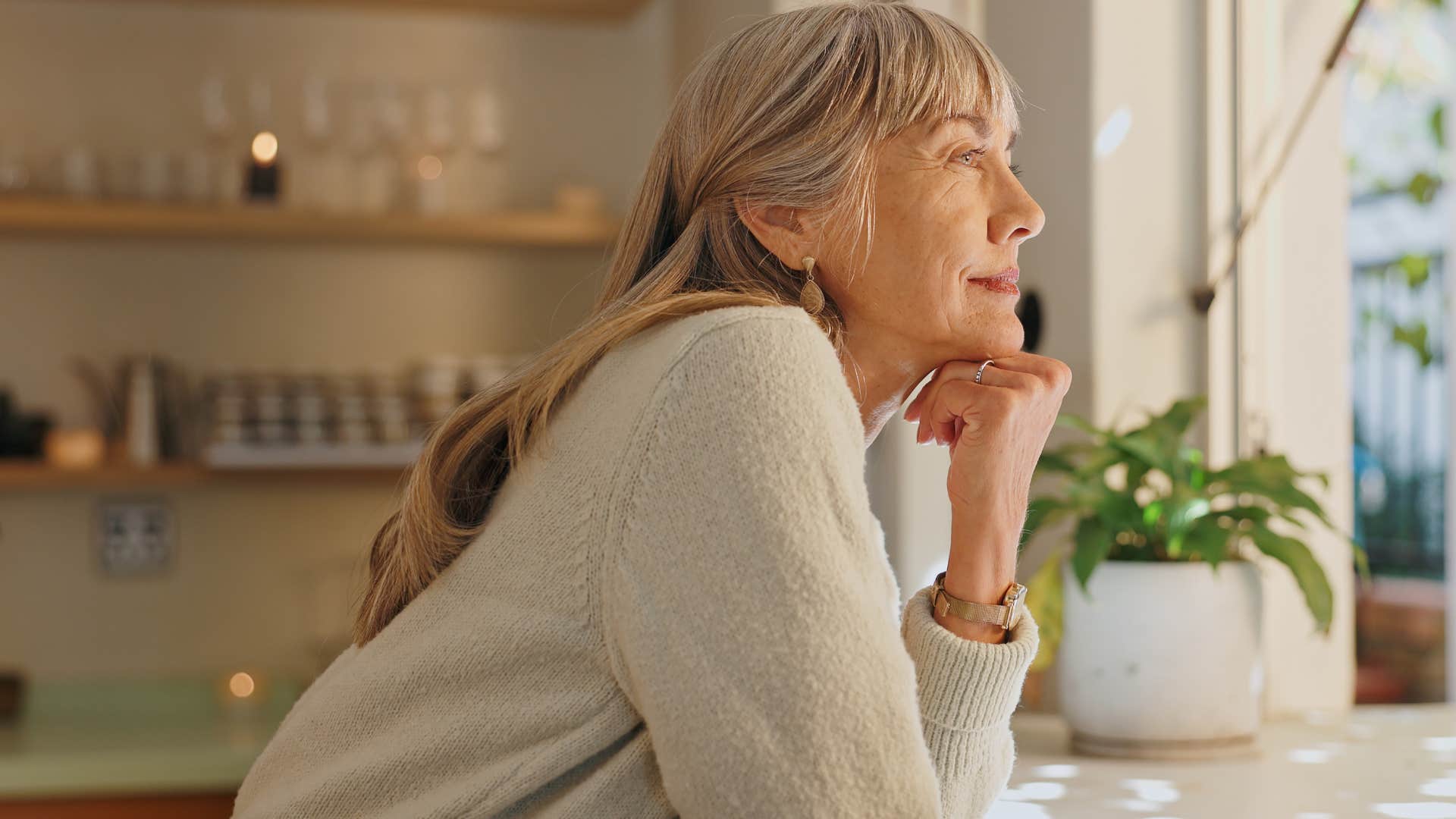 PeopleImages | Shutterstock
PeopleImages | Shutterstock
According to psychiatrist Dimitrios Tsatiris, practicing mindfulness offline and setting boundaries with your phone can often add a lot of joy, health, and intentionality to your daily routine. Even if it means refusing to answer an unexpected phone call or leaving your cell phone in a different room, these small decisions can be powerful.
If you hate talking on the phone as you get older, and are actively setting boundaries around it, chances are you’ve noticed some of the pitfalls of constant phone usage. You care about protecting your well-being in every way, so being intentional about phone time includes avoiding phone calls and mindless scrolling.
3. You value your time
 PeopleImages | Shutterstock
PeopleImages | Shutterstock
If you’ve ever been sucked into a “quick” hour-long conversation with a friend on your phone, you know just how derailing an unexpected phone call can be to your daily routine. So, if you hate talking on the phone as you get older, it probably just means you value your time and are strict about following a routine that adds value to your life.
Of course, this doesn’t mean you should connect with and support your loved ones. Many people, especially with age, use phone calls as a way to mediate their own loneliness, so make sure to spend time connecting with these people occasionally, even if you’re declining their call in the middle of the day.
4. You’ve outgrown your people-pleasing tendencies
 Stokkete | Shutterstock
Stokkete | Shutterstock
Many people, especially women, were taught from a young age that they had to be people-pleasers and “protect the peace” in order to be worthy of love or attention. Whether that meant suppressing their own complex emotions, saying “yes” all the time, or even picking up the phone, they always put other people’s needs over their own.
If you hate talking on the phone as you get older and actively avoid picking up calls, chances are you’ve outgrown those people-pleasing tendencies and are finally putting your own needs first. You protect your time vehemently and no longer appease other people by doing things — even answering a phone call — that don’t actively add joy or value to your life.
5. Your life is full
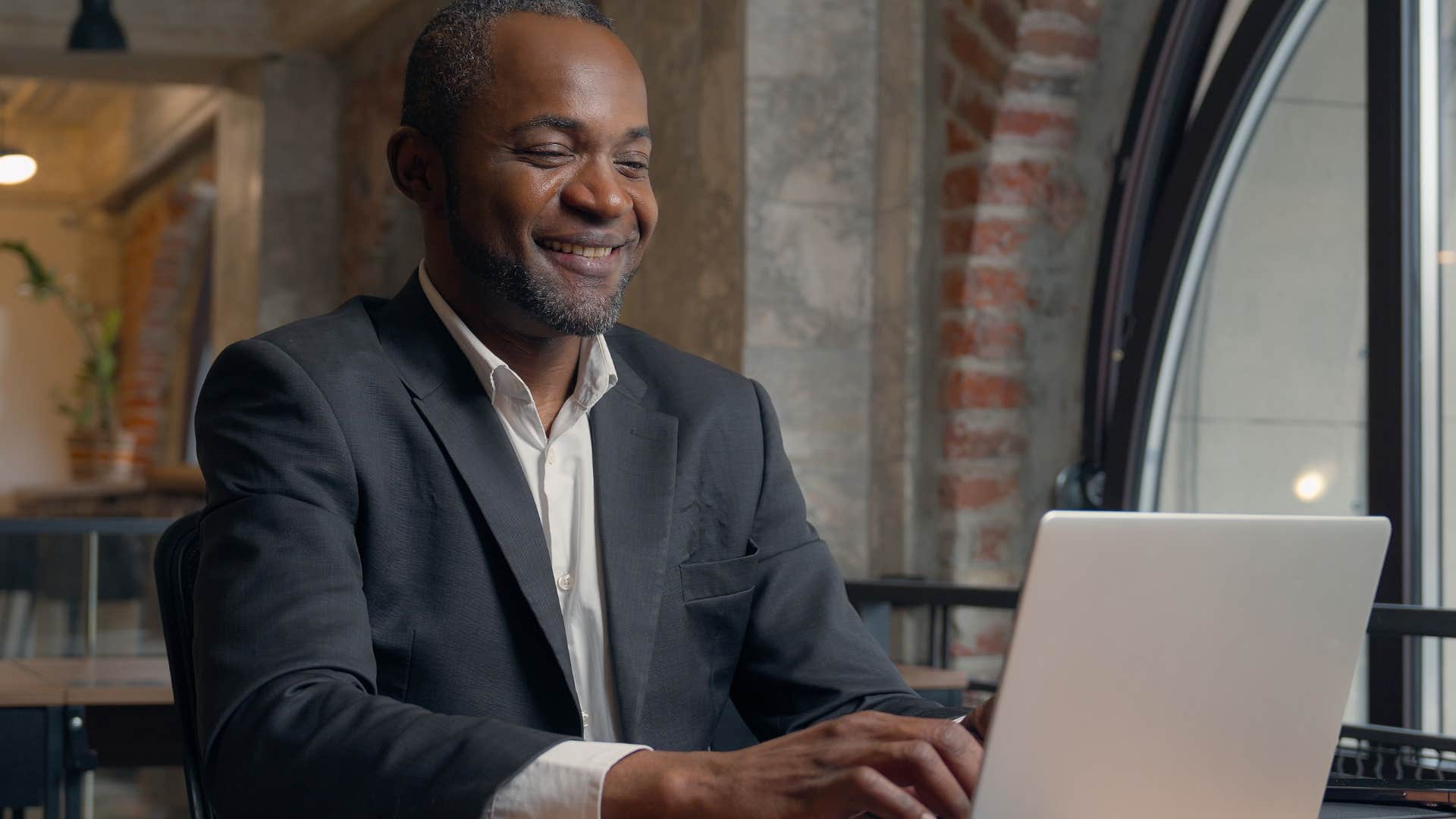 MAYA LAB | Shutterstock
MAYA LAB | Shutterstock
Whether it’s household responsibilities, a career, family needs, or household labor at home, if your life is already full, you don’t have time to waste an hour or two on an unexpected phone call. Even if it’s from someone you love and want to speak to, if you hate talking on the phone and feel derailed from life’s responsibilities when a number pops up on your device, chances are you’ll decline it.
While most Americans don’t answer phone calls when it’s an unknown number, you’re crafty and careful about picking up, even when you recognize the name of the person who’s calling.
6. You’re an introvert
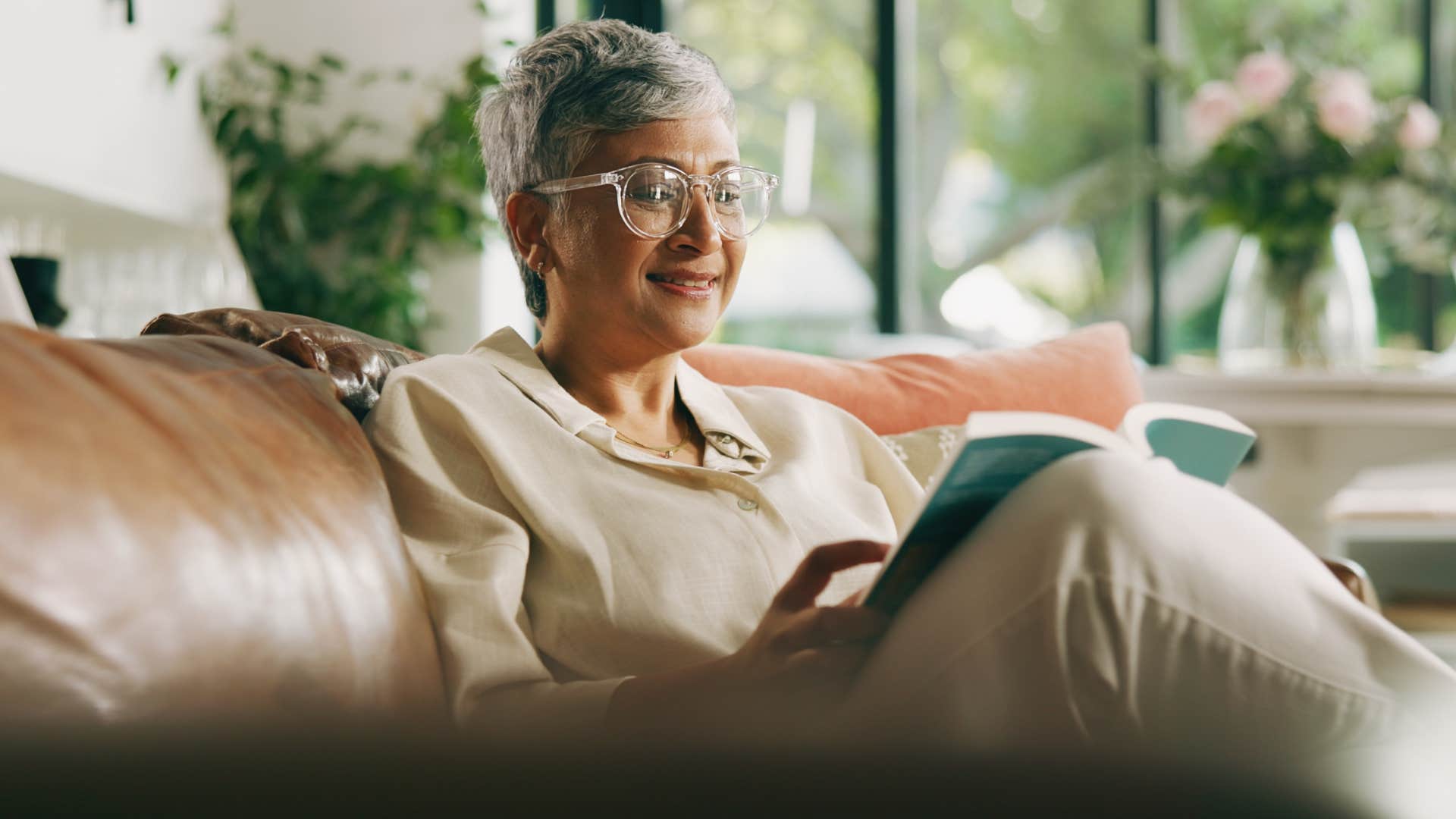 PeopleImages | Shutterstock
PeopleImages | Shutterstock
While it’s true that introverted people often prefer online communication over in-person interactions, largely because of their need for space to think, regulate, and reflect, chances are phone calls are equally dreadful. They don’t have space to think before they respond, like they do over text, and often feel overwhelmed with trying to craft responses, especially from an unexpected call in their own space.
Family counselor Lynne Reeves Griffin adds to this claim, suggesting that introverted people largely find small talk uncomfortable and draining, which is why they dislike talking on the phone as they get older.
7. You have phone anxiety
 Depiction Images | Shutterstock
Depiction Images | Shutterstock
Even if you don’t mind talking on the phone every once in a while, if you hate unexpected phone calls popping up out of the blue — whether it’s at work or on your own time — chances are it’s “phone anxiety” that’s plaguing your routine.
Yes, excessive smartphone use is correlated with anxiety, stress, and depression, according to a study from the Journal of Medical Systems, but for some people, talking on the phone lies at the root. They need time to prepare before talking on the phone, so unexpected calls hold a lot of emotional weight in their routine.
8. You’re selective about socializing
 MAYA LAB | Shutterstock
MAYA LAB | Shutterstock
If you’re selective about the people you admit into your life and careful about the emotional energy you spend on social interactions, chances are you hate talking on the phone — especially after being called unexpectedly or by someone you don’t know well.
For many aging adults, their relationships and social interactions become more fulfilling as they get older, at least according to a study from the Journal of Social and Personal Relationships. They care about how they spend their time, are intentional about interactions, and don’t people-please for the sake of being “likable” for everyone.
9. You dislike small talk
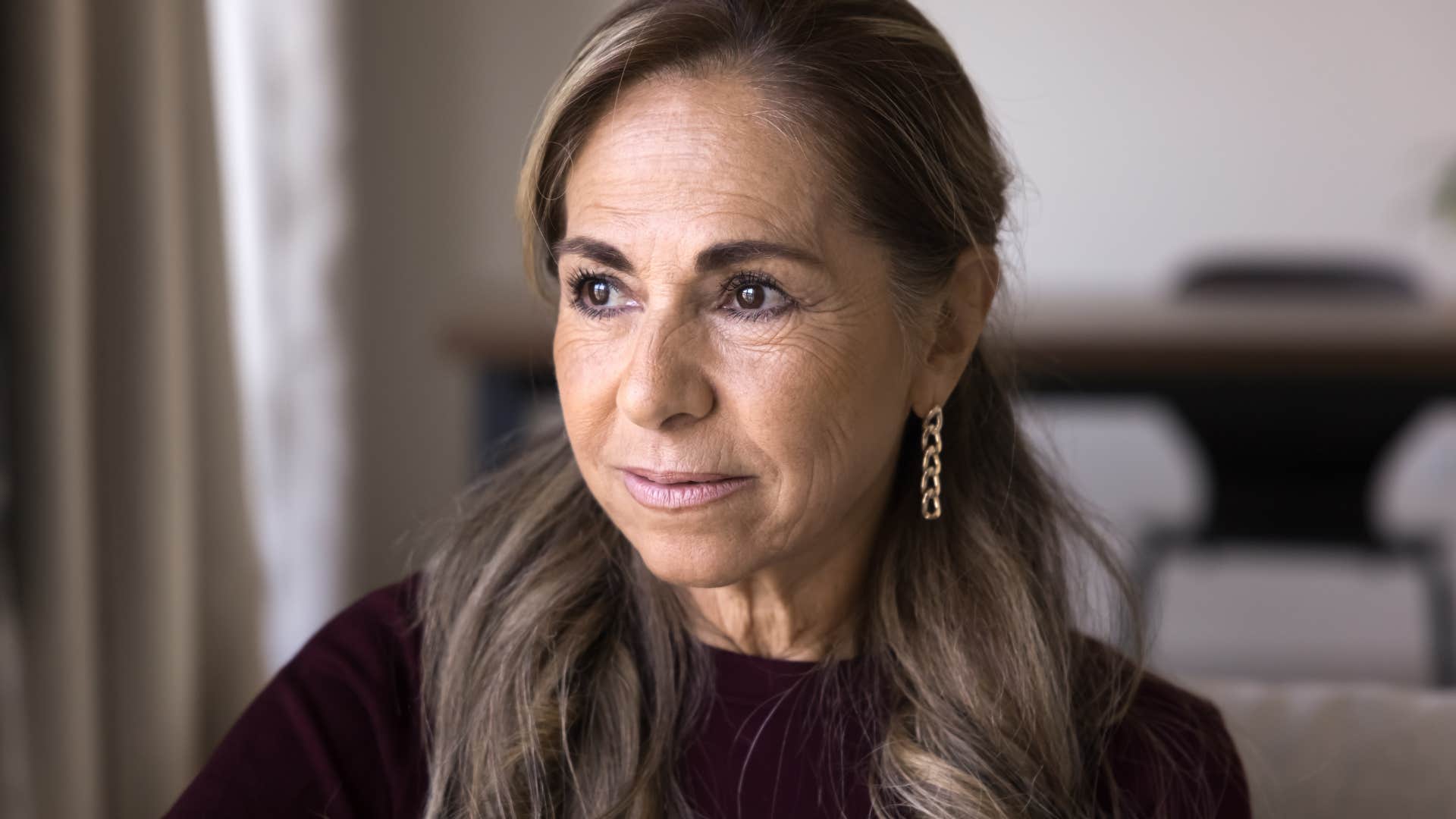 fizkes | Shutterstock
fizkes | Shutterstock
Small talk and superficial chatter are often impossible to ignore during phone calls, especially when they’re with someone at work or a person you don’t know well, rather than a loved one. According to psychotherapist Kaytee Gillis, small talk generally feels tedious, unnecessary, and even anxiety-inducing, especially for introverted people, despite being necessary to build larger relationships.
However, for older individuals who likely already have a solid network of friends and social circle, they don’t have to engage in small talk, unless they want to. They can decline calls, refuse to answer, and set boundaries with their phones to protect their own energy and well-being.
10. You’re more present in your life
 alvan.ph | Shutterstock
alvan.ph | Shutterstock
According to a study from Mindfulness, being more present in your life and savoring its moments can enhance life satisfaction and general mental health. However, if you’re always talking on the phone or doomscrolling on social media, being present can be that much more difficult, alongside the stress and strain of everyday life.
If you hate talking on the phone as you get older, you may simply appreciate being present, rather than engrossed in your phone, more than ever.
11. You’re aligned with your nervous system
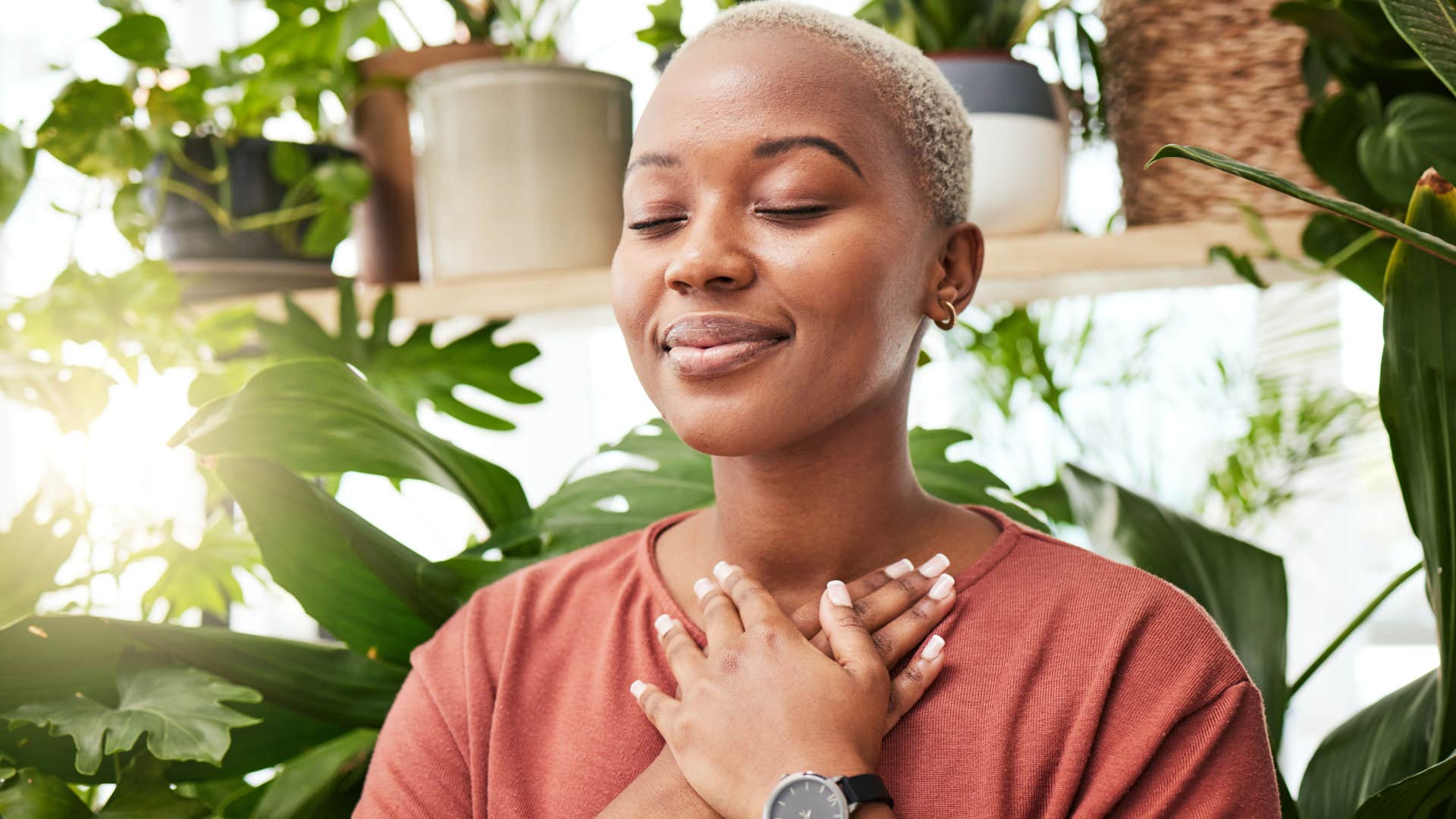 PeopleImages | Shutterstock
PeopleImages | Shutterstock
There’s a reason why research names video and phone calls as more “exhausting” than other forms of communication — they tend to wreak havoc on your nervous system. Especially when they are unexpected or you don’t have much time to prepare, they can throw your body into fight or fight mode quickly.
If you hate talking on the phone as you get older, it likely means you’re more aligned with your nervous system. You understand how anxiety-inducing these calls can be and make the deliberate choice to avoid them when you hate that power.
Zayda Slabbekoorn is a senior editorial strategist with a bachelor’s degree in social relations & policy and gender studies who focuses on psychology, relationships, self-help, and human interest stories.

